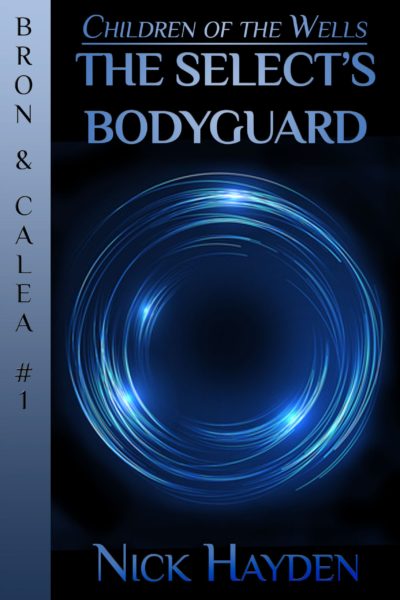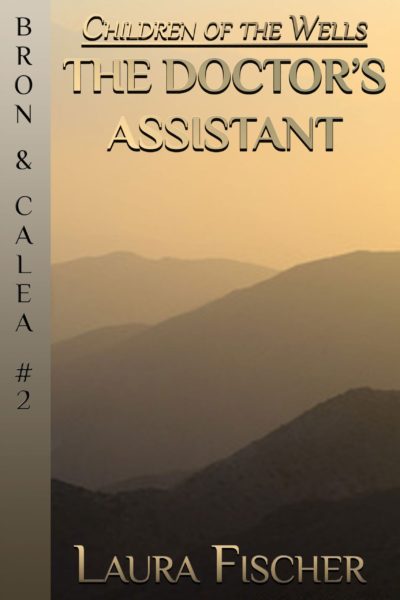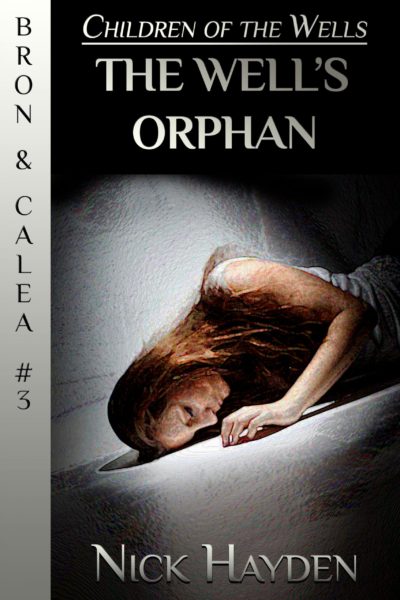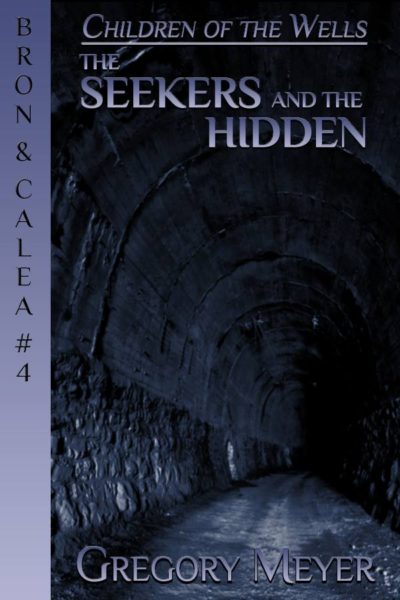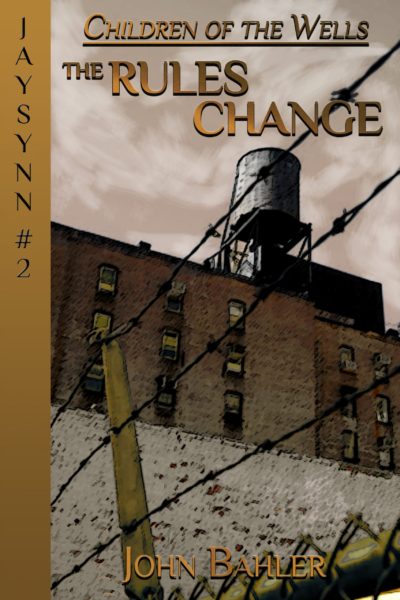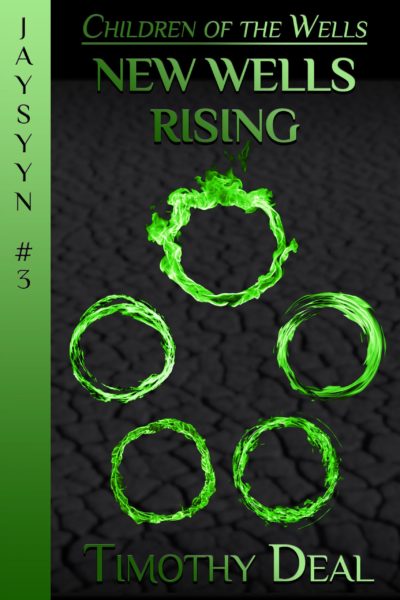By Natasha Hayden
April 29, 2016
I’m back! After months of silence and a lot of change (Baby #3 is three months old already!), I’m venturing to contribute more than just baby pics to the web world. In thinking about what I might say on this very unnoteworthy occasion, I’ve been reflecting on what is meaningful to me of late. Clearly, family would be near the top of that list, and Children of the Wells…perhaps not so near.
 In preparation for Easter this year, during the time of Lent, rather than sacrifice something, I spent some time in a devotional book written by my favorite fiction author, Ted Dekker. His message in The Forgotten Way is simple but profound and profoundly different from society’s way of thinking. Essentially, it’s this: my identity is not based on what I do or the costumes, as he puts it, that I wear in life. My identity is not writer, mother, wife, daughter, or any other role that I play. Those are just that: roles. My identity goes much deeper. Who I really am is not how I or anyone else sees me; it is how God sees me. And because I am His, bought with the blood of his son, Jesus, I am His perfect creation, made in His likeness, complete and completely loved, not condemned. Even my body, though special and made by God, is not who I am but just the vessel for the real me, which is spirit.
In preparation for Easter this year, during the time of Lent, rather than sacrifice something, I spent some time in a devotional book written by my favorite fiction author, Ted Dekker. His message in The Forgotten Way is simple but profound and profoundly different from society’s way of thinking. Essentially, it’s this: my identity is not based on what I do or the costumes, as he puts it, that I wear in life. My identity is not writer, mother, wife, daughter, or any other role that I play. Those are just that: roles. My identity goes much deeper. Who I really am is not how I or anyone else sees me; it is how God sees me. And because I am His, bought with the blood of his son, Jesus, I am His perfect creation, made in His likeness, complete and completely loved, not condemned. Even my body, though special and made by God, is not who I am but just the vessel for the real me, which is spirit.
But truth be told, it’s difficult to maintain this perception of my spiritual self amid the daily grind in a world that is very corporeal, as I change diapers and try to raise my children and face the message over and over again that I somehow don’t measure up. I think a lot of us feel this way, feel that we’ve failed one way or another, that we are at times unloveable. We get wrapped up in the roles we play, thinking they are everything, but when we fail to be the good moms and sons and friends we want to be, we criticize and condemn ourselves. We despise our own bodies because they don’t live up to the standard we think they should. And if we can’t forgive our own selves, how can we forgive others?
That’s why this message of identity matters. When we see ourselves as God sees us, it is easier to forgive our own failings…and forgive others, too. Picture Jesus on the cross saying this: “What you do has nothing to do with how I feel about you.” He offers true love, selfless, expecting nothing in return and often receiving worse. Even so, he doesn’t condemn us.
If that is love, then I have never given it. What I call love is certainly a lot more selfish. I love my husband, sure, but I married him because he met my needs for friendship, because he liked me. I love my children, yes, but don’t I expect affection and respect from them? And is that true biblical love that expects something will be given in return? Luckily, God does not love me in this way, or I would be lost. The challenge for me, however, is in seeing how God loves me…in seeing my true identity. When I make mistakes, I think God is upset with me, and if He is upset with me, his love must be diminished. I might, at any moment, make the Great Mistake that ends His love. What a human way to look at God.
Once I truly glimpse how rich and enduring His love is, the second challenge (and really what Christianity is all about) is to extend that same love not only to my family and friends (whom I have previously loved selfishly) but even to my enemies: that troll who called me the worst names in a comment on my blog, the fellow shopper who rolled her eyes when my children misbehaved in the grocery store, that salesman who wouldn’t stop pushing me to upgrade my Internet/cable service, the McDonald’s employee I wanted to strangle for knowing nothing about customer service.
What would love like that look like? I would want the best for them (God’s best, not an all-inclusive pass) without thought as to how it might benefit me or even boost my ego for being such a “good person.” I would wash the dishes or mow the lawn for my husband without expecting a gift or a “thank you” or any sort of acknowledgment in return.
Both to love this way and to recognize that God loves me this way are difficult, perhaps even impossible without divine help, and certainly not 100% sustainable. We are fallible humans, after all. But as Dekker says, seeing the truth is the first step, and it’s a gigantic one.
Come to think of it, these thoughts are fairly in line with what we are trying to accomplish at Children of the Wells. Magic works through submission, and what greater submission is there than that born of selfless love? Such a love would undoubtedly fuel the strongest magic. And perhaps one day, when I’m not caught up in my busy, mundane, real life, I will translate this blog into story for you, dear readers.
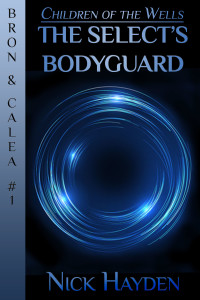
Don't miss a single word of stories as they are published! You'll also receive first notice of special sales and behind-the-scenes information.

